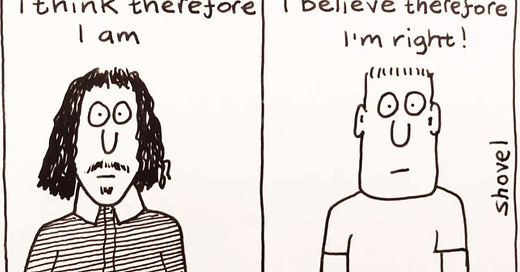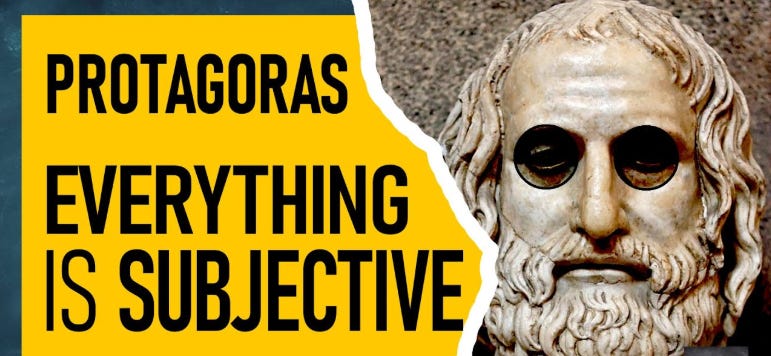Is multiple POV story-telling taking over crime fiction? Have you read a thriller or suspense novel lately that didn’t utilize multiple perspectives to tell the story? The God of the Woods, Liz Moore’s celebrated 2024 family saga mystery about two child disappearances in the Adirondacks of the 1970s, narrates from eight perspectives. Lucy Foley’s 2020 The Guest List, which sets a murder mystery at a splashy wedding, has at least six points of view (some say eight so it may be confusing). Paula Hawkins’ Into the Water reaches eleven while The Teacher by Katerina Diamond about a school terrorized by a serial killer tops out at fourteen.
Multiple perspective narratives aren’t new. Vera Caspary’s 1943 classic Laura about a woman who disappears narrates from the perspectives of three main characters. Going back to the 1860s, Wilkie Collins’ The Woman in White includes eight first-person narrators while The Moonstone has eleven. Modernist writers like Virginia Woolf and William Faulkner experimented with multiple points-of-view; As I Lay Dying has fifteen.
But these days multiple perspective narratives aren’t reserved for avant-garde experimenters or unique fiction authors. They’ve almost become the standard, making single perspective stories seem dated. Could it be a mere fad or a gimmick to attract readers in an overcrowded market? Or do our story-telling techniques reflect the (real) world? Maybe multiple POV is analogous to, and inspired by, contemporary concerns with truth. If so, that leads us into the muck and mire of relativism, a swamp of a topic that comprises questions from physics and philosophy while affecting everything that gets discussed in a multicultural landscape.
For more than a century philosophers have questioned the idea that there is a single objective truth we can know. Ever since Nietzsche, they’ve sort of agreed (they never really agree because they’d be out of a job) that there is no neutral position from which to evaluate others. Even Plato discussed relativism of perspective by letting Socrates talk about the view of Protagoras that ‘man is the measure of all things,’ so if you think the weather is hot and I think it’s cold we’re both right.
Einstein’s theory of relativity tells us that no particular perspective can perceive the objective truth of a state of affairs, meaning your measurement of the mass and velocity of a spaceship passing at near the speed of light will differ from my measurement if I happen to be speeding away from you. (Or something like that – I’m barely scientific enough to estimate your mass and velocity as you barrel blindly out of an entrance ramp onto the freeway into the space I had cleverly calculated between my front bumper and the hatch door of that pricey jeep in front of me.) Then there was quantum mechanics with light rays switching back and forth from particle to wave depending on whether someone is looking or not. If that wasn’t enough to destabilize our idea of truth, the latter 20th brought us the multiverse and 26 dimension universes.
Crime fiction is late to the relativism debates. The trust readers place in a detective’s account of how a crime happened suggests widespread faith in capital ‘T’ Truth. But fast-forwarding to the 21st century where traditional media now drown in an internet sea of competing voices, the all day everyday experience of new millennium dwellers is multivocal and post-truth, to use the trendy term. In this environment of competing accounts, where institutions that used to help us pick the ‘correct’ version are crumbling, what happens to the beloved structuring precept of detective fiction that there is one objectively true account of what happened and our gifted investigator is going to figure it out and tell us?
Multiple perspective crime stories shift that model by presenting a trove of partial subjective accounts full of lies and misperceptions. No single account is 100% true. Still, readers expect that a single true account of events exists somewhere and can be uncovered. So multiple POV storytelling only skirts the edges of the relativism debates in science and philosophy.
Curiously the fascination with multiple perspective narrative comes at a moment of backlash against relativism now decried as ‘post-modern.’ As long as crime fiction must reveal a one true solution to the crime, we’re clinging to Enlightenment rationality … but only by a strand. What do you think?










I hate multiple POVs. Give me a nice linear flow, no jumping around. A small amount of thoughts/opinions for individuals is fine but not whole threads.
Another interesting essay! In my current work in progress I use a character's journal as a second POV. Your piece reminds/challenges me to create more dissonance between the two POV's. That should not be difficult, since the journal is written by the daughter of the protagonist.